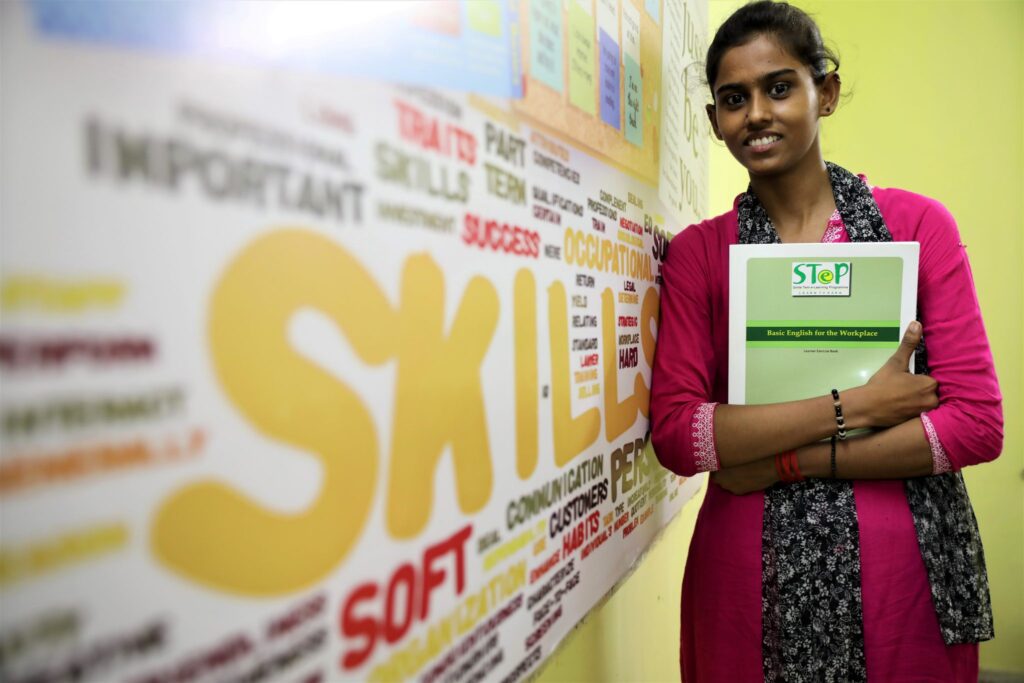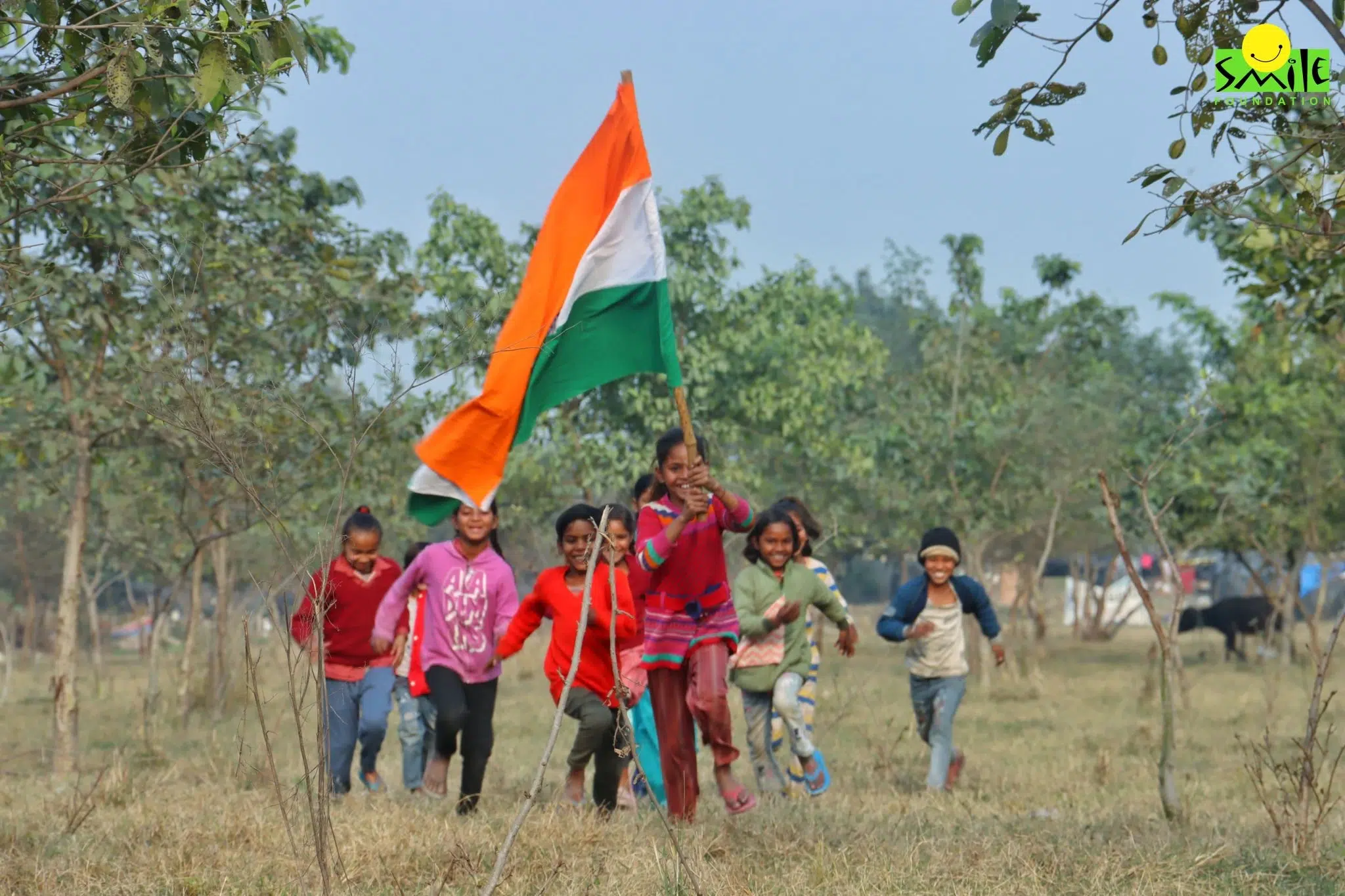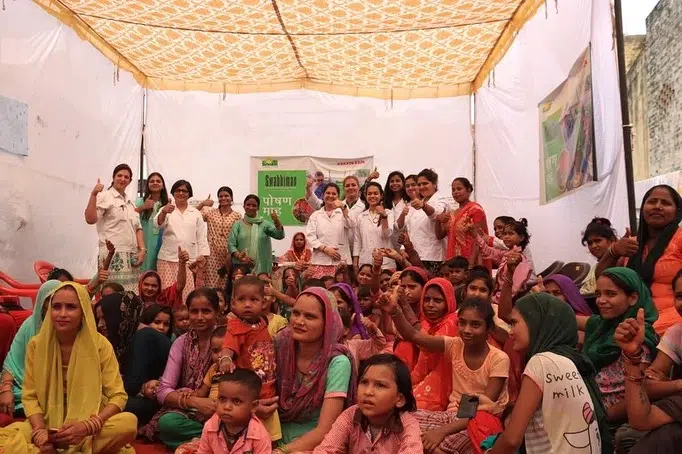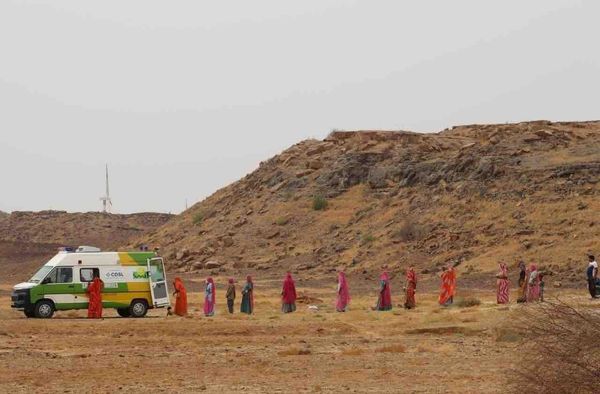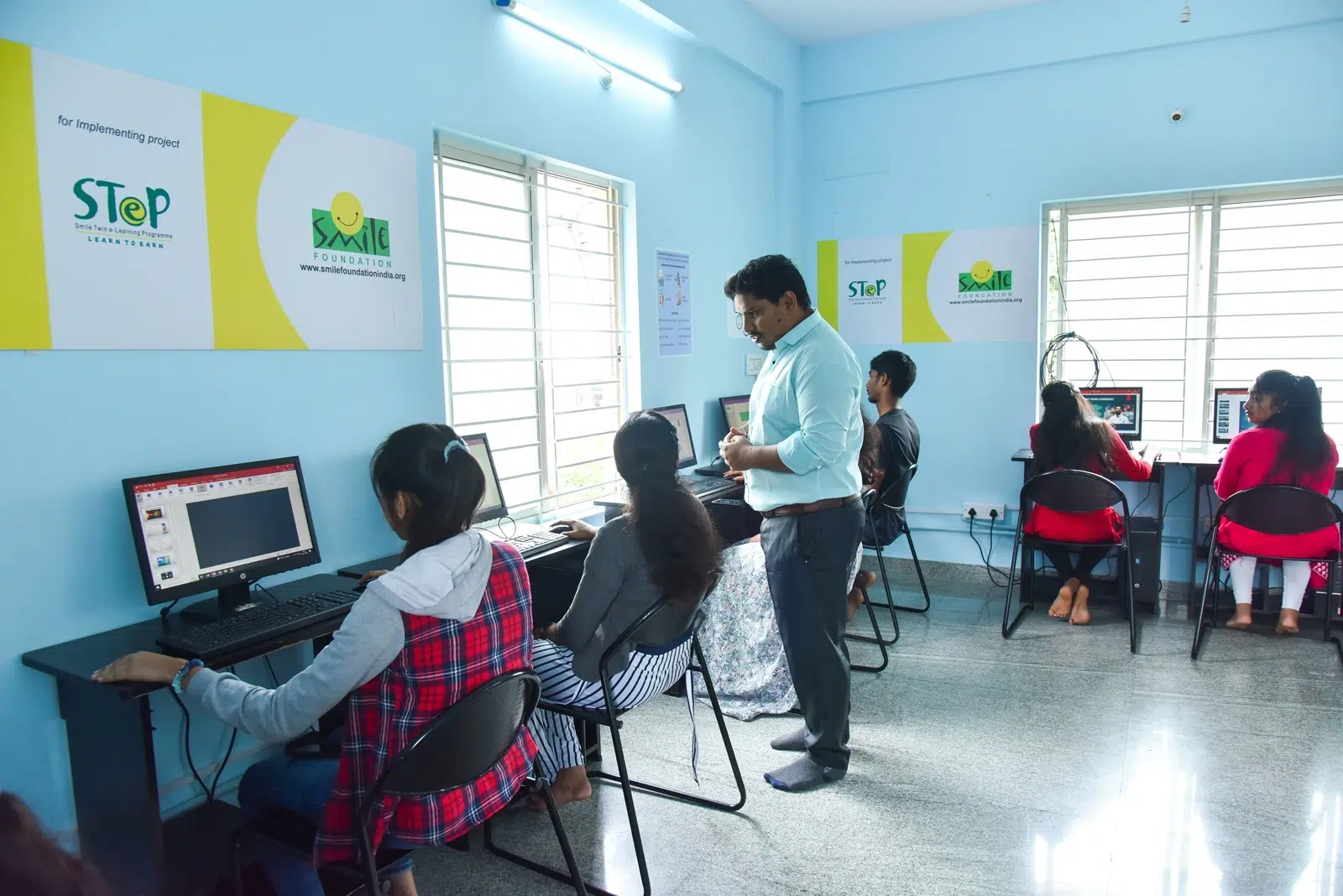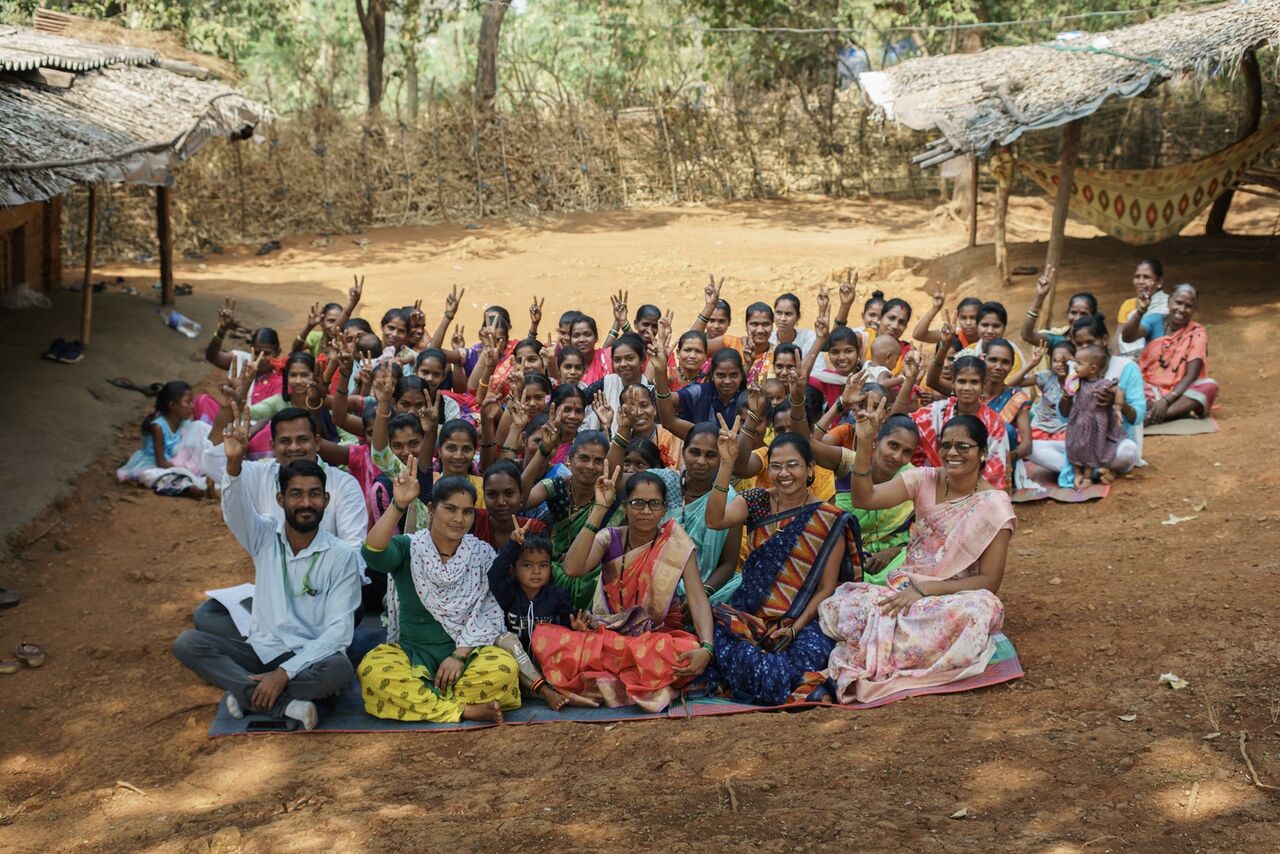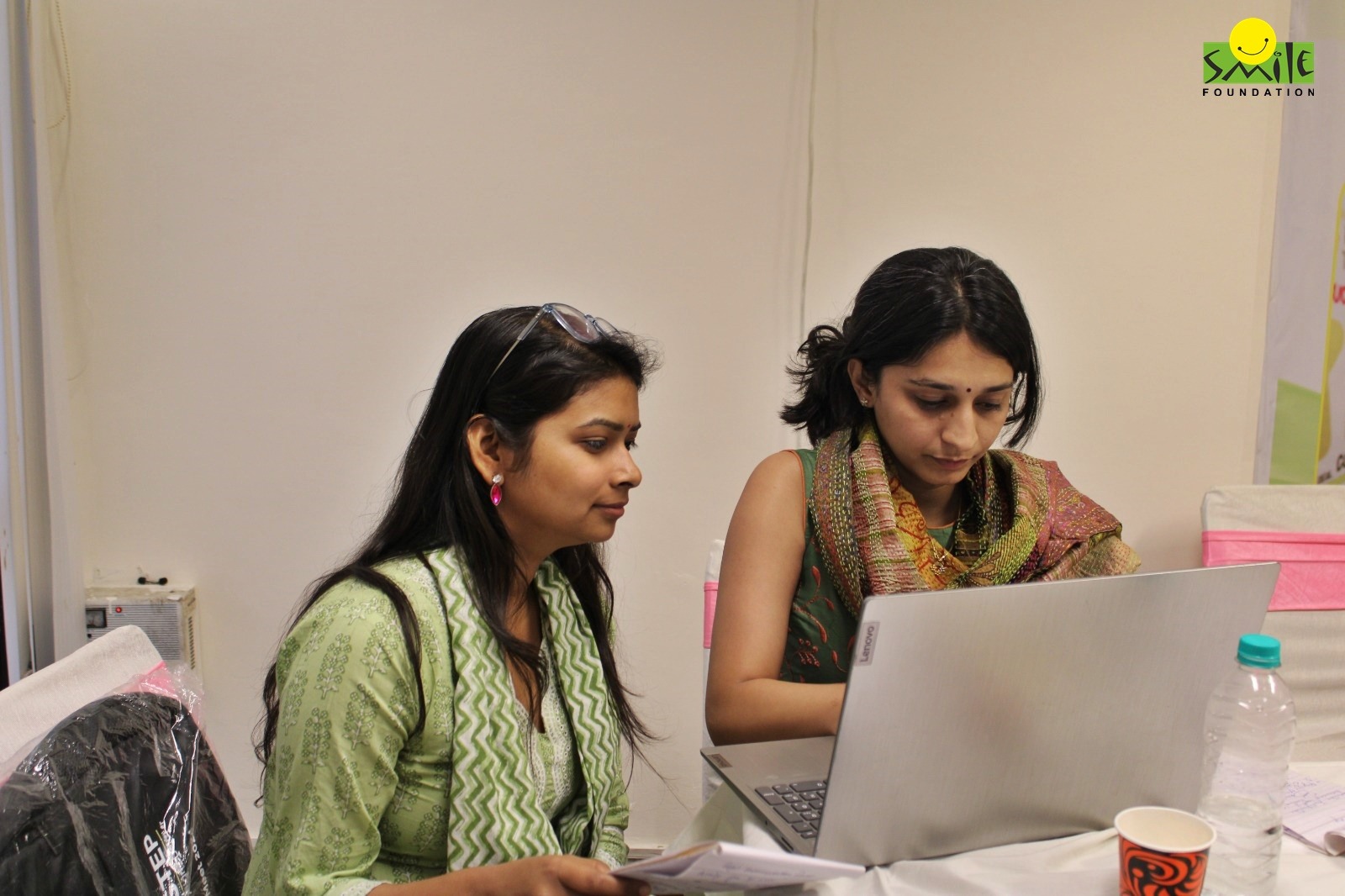Social entrepreneurs in India, such as Smile Foundation’s Santanu Mishra, are exploring innovative ways to empower people to solve their problems. They are driving the developments for sustainable livelihoods. By building sustainable livelihoods, they are making room for more people to lead in their own communities.
The future appears bleak as COVID-19 affects millions of livelihoods in India. As of May 2020, according to projections, 104 million additional people in India could slip below the poverty line in the worst-case scenario.
Migrant labourers in the country report missing one to three weeks of work, resulting in an income loss of INR 4,000-10,000 per person (approx. USD 50-130).
A livelihood is considered “sustainable” when it can provide a stable, dignified way of life even during times of crisis and change without jeopardizing the natural resource base.
One thing is certain: the human population in the next decade will be significantly larger than it is now. Despite the fact that global population growth is slowing, the world’s population could reach 9-10 billion people. And because this is going to put a strain on our existing natural resources, new sustainable modes of livelihood become more vital than ever.
While the challenges of our new reality are daunting, we have seen hints of success in recent years that can continue through into the post-pandemic future.
It has thus become important to talk about the favourable trends which are emerging for establishing sustainable lifestyles. Here are the top five that could leave an impact over the next decade.
Women are taking more responsibility for their finances
The last year, defined by the COVID-19 crisis and uncertainty, has brought financial issues to the forefront of women’s minds. As a result, a majority of them are now taking responsibility for their own finances. According to one survey, 60 % women agree that taking control of their money and financial destiny is the path to confidence. As a result, despite admitting to being risk averse, women are actively participating in financial planning decisions and investing more.
Social entrepreneurs providing innovative solutions to develop sustainable livelihoods
In light of the pandemic, various foundations have issued requests for collaboration on solutions with social entrepreneurs. Some have pledged to ease or abolish restrictions on current grants, contribute to disaster response money, and assist grantees in bringing about employee-related policy reforms. This opens up new opportunities for social entrepreneurs to innovate.
Social entrepreneurs are crucial change agents in producing solutions as aren’t in this for monetary gains. They work with people and have a more people-centric and holistic approach.
For instance, Smile Foundation, under the leadership of Santanu Mishra, has been innovating in all its programmes. Since the pandemic began, they have also adapted all their programmes to incorporate COVID-related relief work as well.
Use of technology to create novel solutions
Markets and market dynamics are greatly influenced by new technology. This has always been the case. However, in the digital era, as well as due to the COVID pandemic, it is happening quicker than before. We have seen how digital technology has impacted a variety of markets over the previous few decades. Streaming of content has affected the entertainment industry as a whole. Social networking has completely transformed the media industry.
Let us now look at 5G technologies. As 5G becomes a commercial reality, numerous new capabilities and opportunities arise. These include network slicing, ultra-low latency, lightening fast speeds, and high reliability, to name a few. And these capabilities are enabling a slew of new applications, ranging from remote control of vehicles in a mine to minuscule sensors with a 10-year battery life. These technological qualities will disrupt the current logic of many businesses. Also, it will open up new markets for those who see the possibilities, thus opening up new employment opportunities.
Artificial intelligence (AI) is another technology field that will create new markets and market niches across a wide range of industries.
Beneficiaries taking an active role in policy-making
The pandemic has shone a spotlight on policy-making. According to a PWC analysis, when stakeholders are not involved in the policy-making process, policies and initiatives often fail. Social entrepreneurs have demonstrated the importance of involving everyone in the solution.
Sajida Rahman Danny, who created the Parents Forum for the Differently Abled (PFDA) in Bangladesh, says, “When we first started our work, legislators barely interacted with organizations like us to receive comments or ask for participation in the creation of any regulations. There is an ongoing debate (with us) regarding the inclusion of individuals with disabilities in the workplace,” she says, adding that “the government is also establishing regulations to promote this.”
In the coming years, the role of governments will change such that more information is gathered from people and organisations in order to properly comprehend the problem.
Village-level entrepreneurs developing new business models
How can we use resources in a more sustainable manner? In the foreseeable future, a larger dispute will emerge at the micro-level, at the village level. Climate change and natural resource use will be taken seriously at these levels since they will be facing the brunt of the consequences and will be more aware of them.
Here, social entrepreneurs will play a crucial role in fostering a better knowledge of the problem based on its regional and cultural context. They will also be able to co-create models that are contextually appropriate. In this manner, we can move beyond the trap of developing a single model for all.
We will require a transparent structure that works in tandem with many communities. More inventive models that handle specific problems beginning with communities themselves will emerge in the coming years.
What will be the implications of these developments for sustainable livelihoods?
Social entrepreneurs in India are finding innovative methods to empower individuals to tackle problems in their lives. They are creating room for more individuals to lead in their own communities by building sustainable livelihoods.
These long-term tendencies are a sign of hope for a society where everyone can be a changemaker throughout any global crisis.



